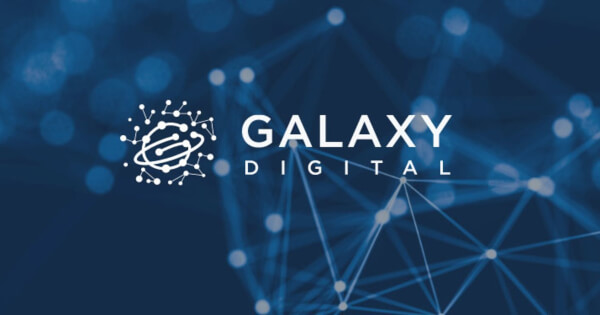Zach Anderson
May 14, 2025 20:33
Ethereum’s Pectra upgrade has increased blob capacity, impacting the blob market, rollups, and ETH burning. Discover the implications for data availability and rollup economics.
Ethereum’s recent Pectra upgrade, which went live on May 7, 2025, brought significant changes to the network’s data handling capabilities, according to Galaxy.com. The upgrade included the implementation of several Ethereum Improvement Proposals (EIPs), notably EIP-7691, which increased the target and maximum blobs per block. This development follows the previous introduction of blobs in the Dencun upgrade via EIP-4844, aimed at providing dedicated space for rollups to post data.
Blob Market Dynamics Post-Pectra
The daily purchase of blobs by rollups has risen by 20.8% post-Pectra, with an average of 25,600 blobs being acquired daily, up from 21,200 prior to the upgrade. Despite this increase, the average number of blobs per block remains 33% below the new target of 6 blobs per block, leading to a significant reduction in costs. The average blob cost has fallen to virtually zero, with rollups paying less than a thousandth of a penny daily since Pectra’s activation.
This reduction in blob costs has greatly benefited rollups financially, as the amount of ETH burned daily from rollup data space purchasing has decreased. Nodes are now required to hold more rollup blob data, with consensus layer nodes maintaining an estimated 44.6GB of data, a figure expected to rise as rollups saturate the new blob parameters.
Impact on Rollup Operations and ETH Supply
The Pectra upgrade has improved the profit margins of rollups, with Base seeing the most significant increase in net income after on-chain costs. While transaction costs on some rollups have remained unchanged or slightly increased, the overall reduction in data costs has contributed to higher profitability. The Ethereum layer 1 base fee has surged by over 650% in the days following Pectra, impacting the costs associated with blob activity.
The total amount of ETH burned from rollup data posting activities has significantly declined since the upgrade. Prior to Pectra, an average of 11.22 ETH was burned daily, which has now dropped to 3.26 ETH per day, representing a 71% decrease. This reduction is mainly due to the decreased costs of purchasing and executing blobs on the Ethereum network.
Future Outlook and Node Requirements
As rollups continue to adapt to the increased data availability provided by Pectra, the demand for blob space may rise, potentially leading to more efficient use of Ethereum’s data capacity. However, this also raises concerns for node operators who must accommodate the increased data hold requirements. The upgrade’s impact on node operations could have long-term implications as Ethereum scales its data availability capabilities.
Overall, the Pectra upgrade has introduced significant changes to Ethereum’s data handling, affecting the economics of rollups and the supply of ETH. As the network continues to evolve, stakeholders will need to monitor these developments closely to understand their broader implications.
For more detailed insights, visit the full report on Galaxy.com.
Image source: Shutterstock
